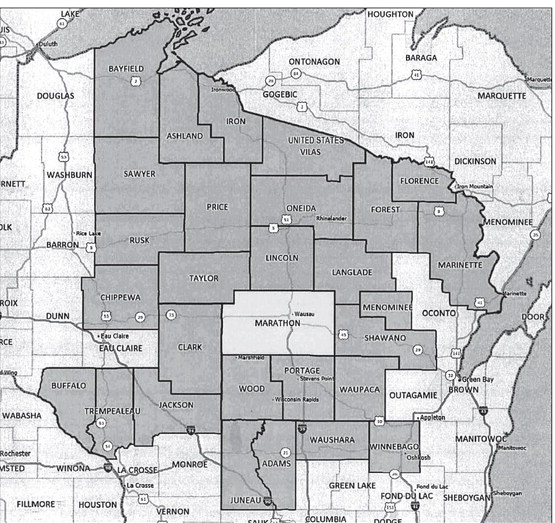Countywants a regional morgue built


By Kevin O’Brien
With hopes of securing state funding, Marathon County is looking to spend $178,000 for designing a new regional morgue that has be...


By Kevin O’Brien
With hopes of securing state funding, Marathon County is looking to spend $178,000 for designing a new regional morgue that has be...